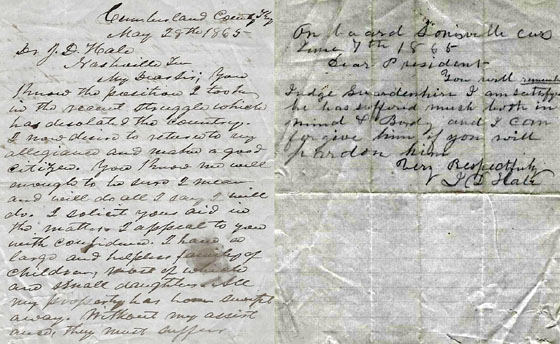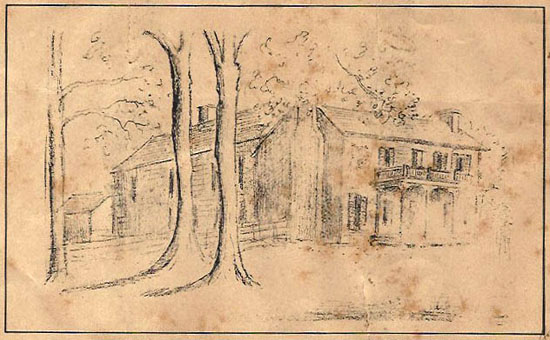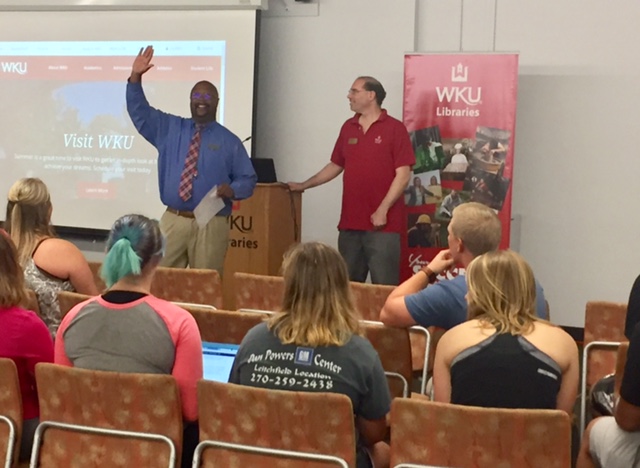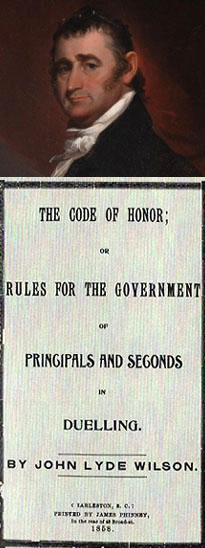As we have seen, many Americans who pledged loyalty to the South during the Civil War were compelled to seek pardons in order to resume their economic and civic lives. Although Presidents Abraham Lincoln and Andrew Johnson issued general amnesties, members of the Confederate Congress and high-ranking Confederate Army officers were not covered by this blanket reprieve; instead, they had to petition specifically for a pardon from the chief executive.
Tennessee’s Erasmus L. Gardenhire was excluded from the general amnesty on two counts: not only had he served in the Confederate government, he had abandoned his judicial office to aid the rebellion. Seeking support for his pardon application, on May 28, 1865 Gardenhire wrote to Jonathan Davis Hale of Nashville, who had served as a kind of intelligence chief for the Union command in Tennessee. “I now desire to return to my allegiance and make a good citizen,” he assured Hale. Having lost much of his fortune during the war, Gardenhire had “a large and helpless family of children, most of which are small daughters.” From Burkesville, Kentucky, he asked Hale to “use your influence with the proper authorities, that I may be permitted to stay with them and provide for them.”
Hale turned over Gardenhire’s letter and scrawled his endorsement on the back. “Dear President,” he addressed Johnson, who had served as military governor of Tennessee. “You will remember Judge Gardenhire. I am satisfyed he has suffered much both in mind & Body and I can forgive him if you will pardon him.”
Gardenhire filed his petition on August 18, but whether a pardon actually followed is unclear (Tennessee’s governor, William G. Brownlow, opposed it). Nevertheless, Gardenhire seemed to earn some measure of forgiveness, for he soon returned to his legal, political and judicial vocations. President Andrew Johnson, meanwhile, was headed for a showdown with Radical Republicans in Congress and their ally, Secretary of War Edwin Stanton, over Reconstruction policies. Ultimately, Johnson’s attempt to fire Stanton and replace him with a more sympathetic cabinet member triggered the first impeachment proceedings against an American president.
Click on the links to access finding aids relating to these Civil War pardons, part of the Manuscripts & Folklife Archives of WKU’s Department of Library Special Collections. For more collections, search TopSCHOLAR and KenCat.





